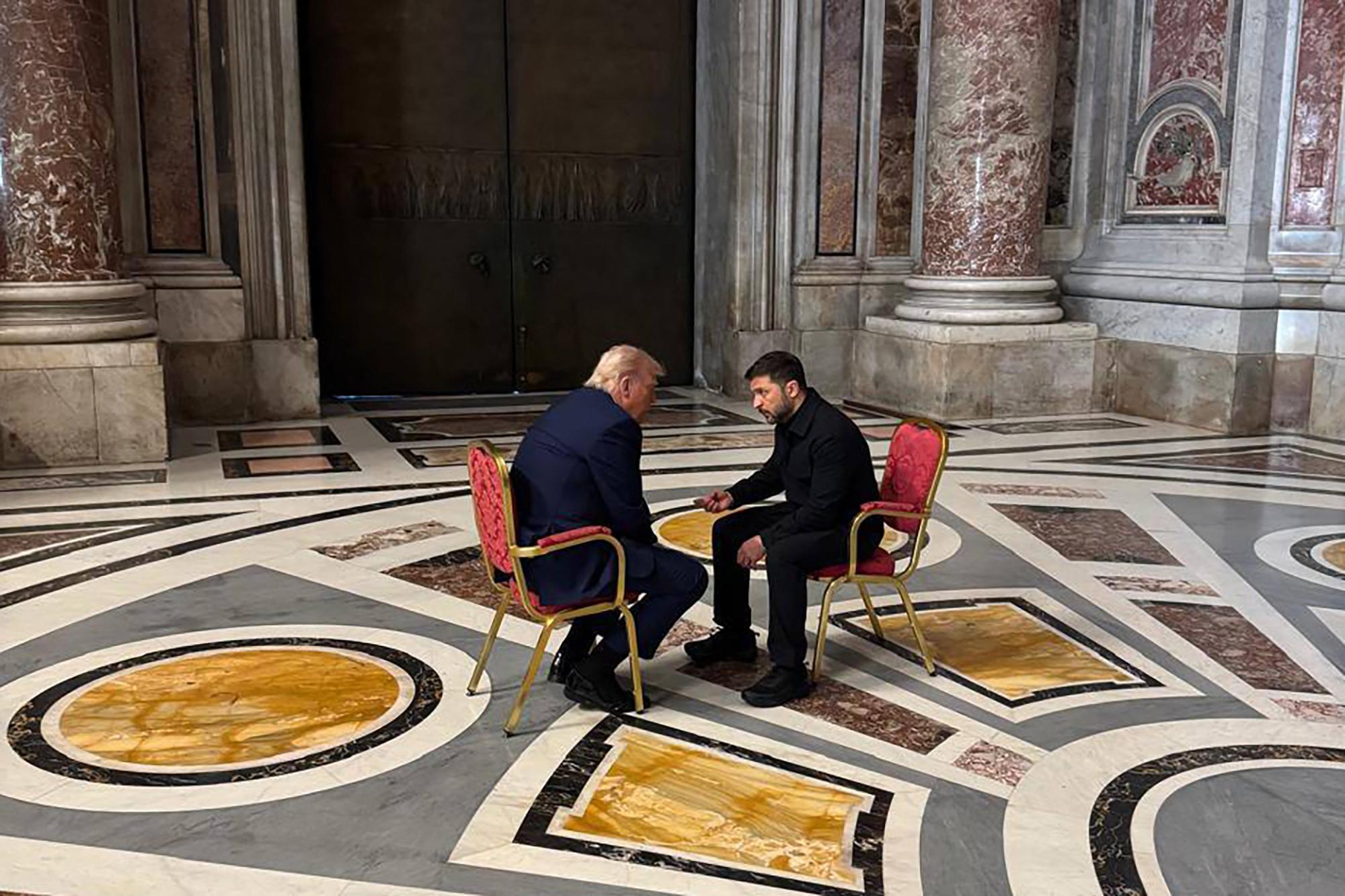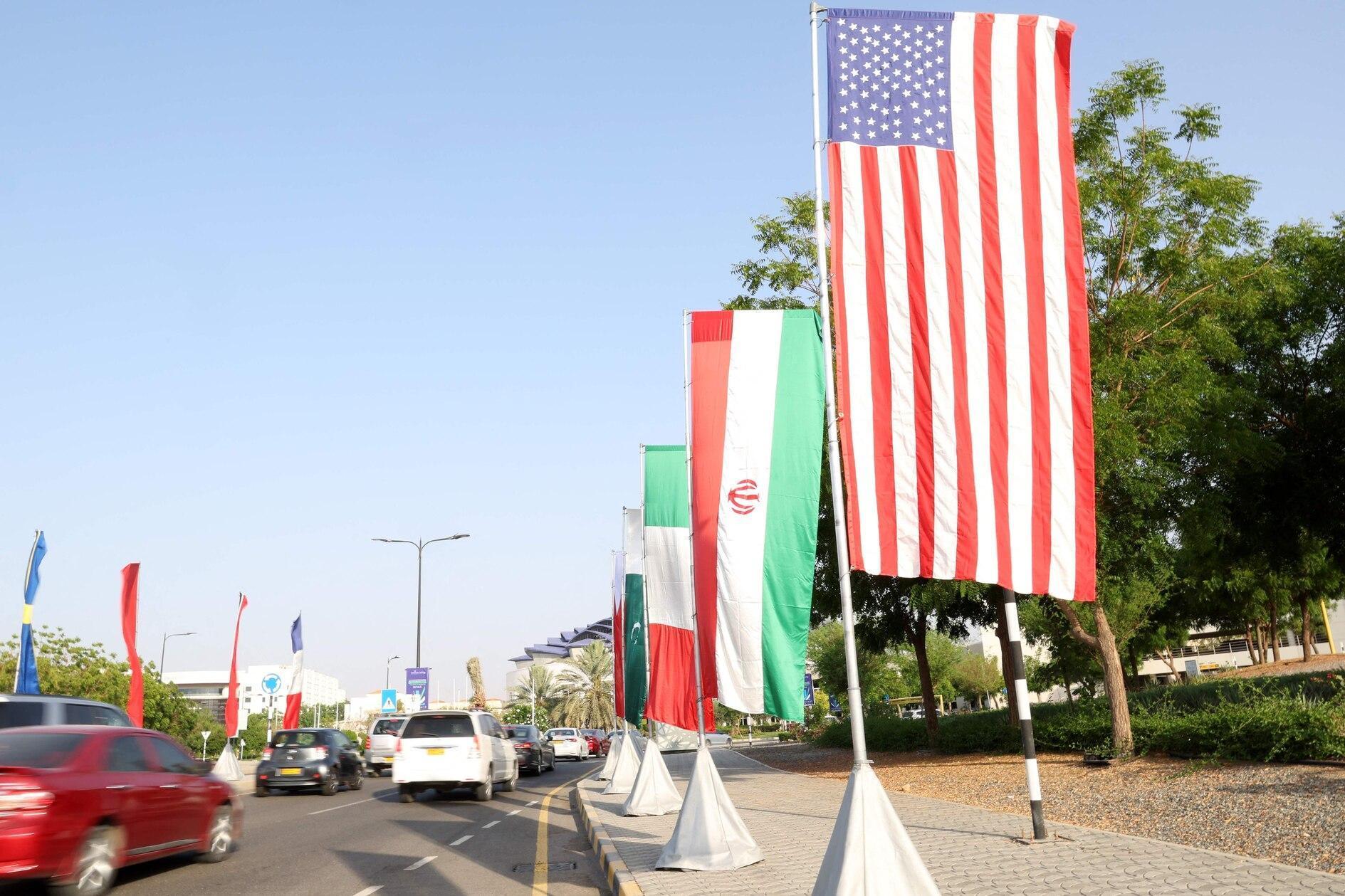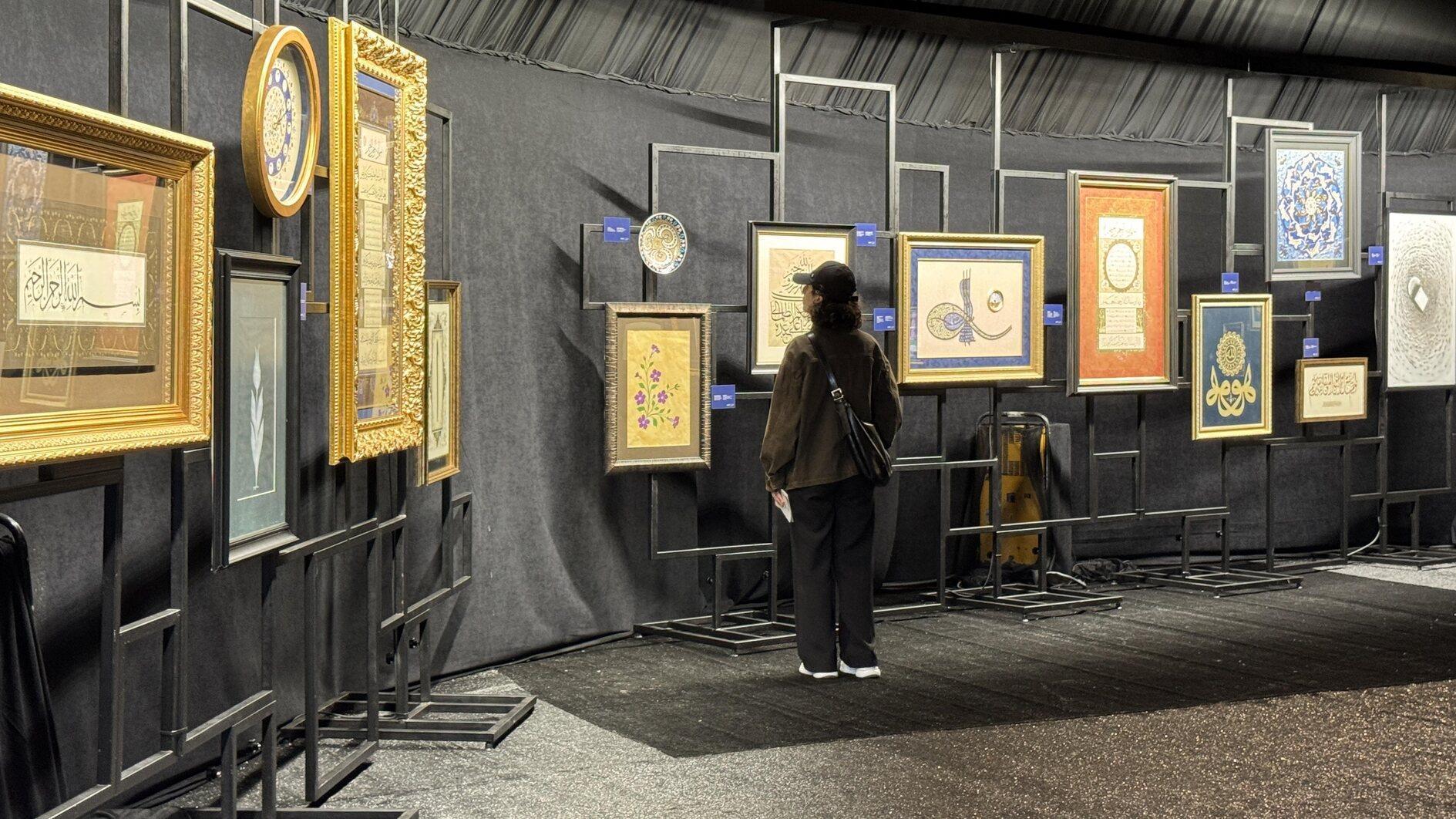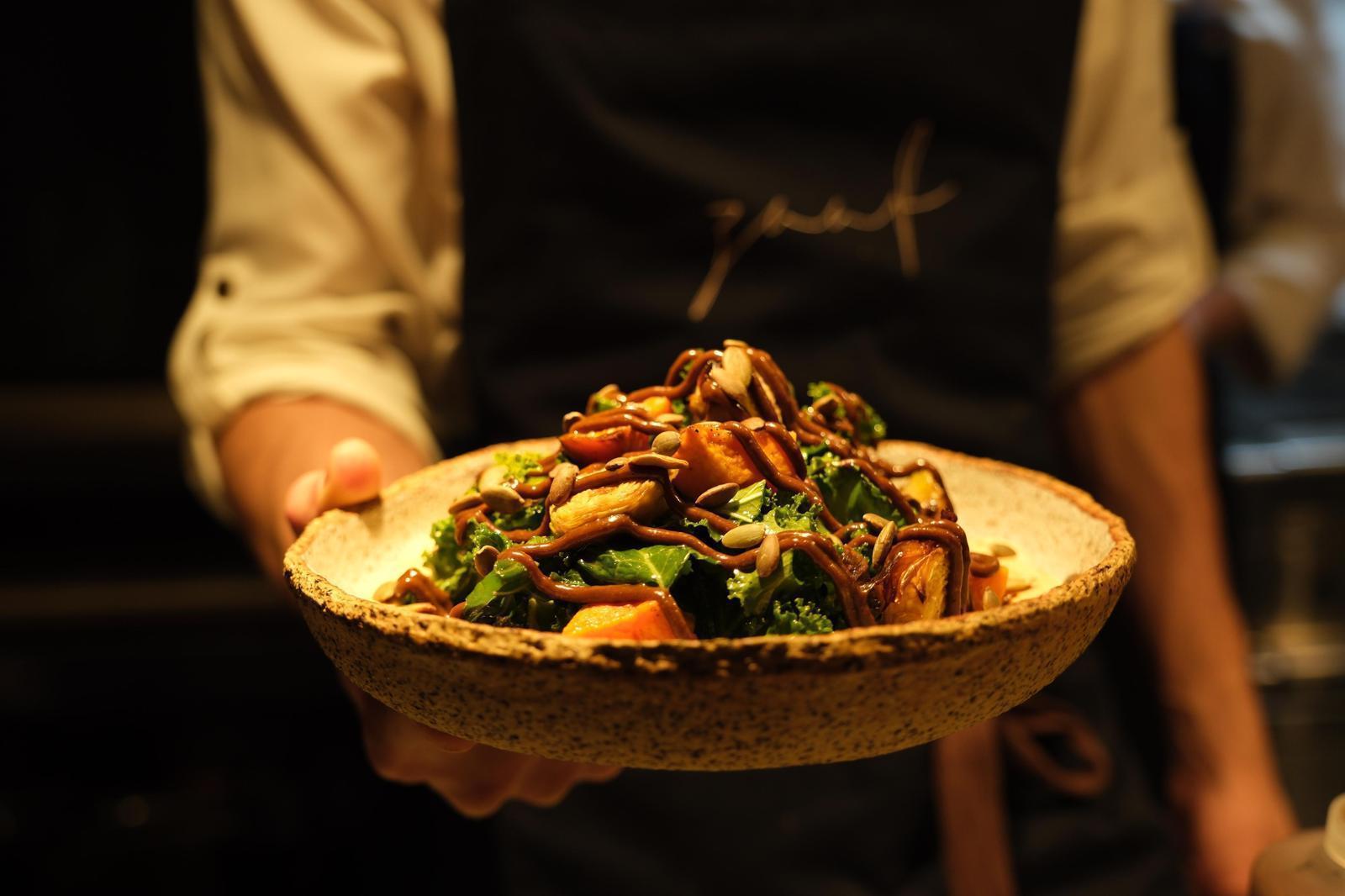Obituary for Andrew Mango (1926-2014)
When a new ambassador arrives in a great city, it is always a slightly daunting experience. He or she has to slip into the scene as a central figure, even though most of the faces that he sees are new.
For Turkish ambassadors arriving in London, however, there was always one face who they knew and who could be relied on to offer shrewd and authoritative opinions and advice to help them find their way. In Turkey and in Britain, Andrew Mango was for many years one of the staunchest friends of our country.
What’s more, he knew far more about Turkey, its people and its history than many Turkish ambassadors, myself included. He had followed its news closely for decades at the BBC and afterward. His range of acquaintances stretched from the 1940s to the 21st century and he had a superb memory. He was also an exceptionally widely-read scholar. He could speak not just modern Turkish, but also the language of the late Ottoman Empire. He had completed a doctorate many years before on Persian poetry and his vocabulary was so wide that many Turkish professors of Ottoman language and literature marveled at it. He could talk about 19th century Ottoman history in detail and followed the range of books coming out on Turkey each year, writing a long review article covering them all for the Middle Eastern Studies journal.
And this was only the tip of the iceberg. Born in May 1926, Andrew had grown up in Istanbul in the 1920s and 1930s, the son of an Anglo-Russian Levantine family. He spoke and read Greek, Russian and French almost as well as he did Turkish. His brother, Cyril, was professor of Byzantine Studies at Oxford, perhaps even more academically celebrated than he was.
Andrew’s enormous range of knowledge and grasp of ideas was only one side of him. He was someone who one would run into at parties and special occasions, always surrounded by friends listening to his witty conversation. He was a highly social person, full of jokes and amusing, loved by a very wide range of friends in Turkey and London, someone who found it easy to create an instant rapport with the people he met and whose circle seemed to grow ever larger.
Until he grew too old for it, Andrew travelled to Turkey many times each year, going not just to Ankara and Istanbul but also to other parts of the country, usually giving speeches as a guest of honor in many universities. He was awarded many Turkish honorary doctorates and made frequent appearances on Turkish television, where with his beard and his characteristic way of talking he became an iconic figure. Turkish statesmen and senior government figures greeted him as an old friend, not just saying things to him that they would say to any other foreigner, but also listening carefully to his ideas. He was one Western thinker who was not out of touch with Turkey, both getting the measure of the situation and also being fair and sympathetic to the Turkish side of the story when others were not.
Very much a jovial bon viveur, he and his wife, Mary, were also very hospitable in their home to Turkish ambassadors and diplomats over the decades, occasions that were both delightful and something of a privilege for those lucky enough to be invited.
We in Turkey knew him well and eventually – belatedly in my opinion— officially recognized his contribution to improving Turkey’s image in the U.K. and the West by giving him the Turkish Distinguished Service Medal. I think this fell rather short of what he was due, for he was surely one of the best friends this country had in the last century, in so many different ways as a scholar, journalist, commentator, and traveler. But perhaps he was even more underestimated in Britain, for he was never given a medal or included in “Who’s Who” in the U.K., which seems to me a very sad, even inexplicable, omission, though it would never have bothered him.
Andrew was particularly lucky that his retirement – which lasted nearly three decades – was the fullest and most productive time of his life. Earlier, he had been the head of the South European Service at the BBC and earlier still he was its Turkish Program Organizer – in which capacity he made friends with many of Turkey’s best-known writers, including the poet Can Yücel, who worked at the BBC Turkish Service for a while. In Andrew’s time, almost every famous Turkish visitor to London would end up in his office, having a drink from his famous cocktail cabinet after giving an interview to the Turkish Service.
But it was in his so-called retirement that Andrew came into his own as a major intellectual figure, a highly productive writer and commentator producing a stream of excellent and highly original works. The best known, of course, was his masterful biography of Atatürk, which appeared in 1999 and took a cooler, deeper, but still highly respectful view of the founder of the Turkish Republic.
He was productive just about until the end, and the quality of his commentary and reviews never flagged: If anything, he wrote better in his mid-80s than he had done 20 or 30 years earlier.
He was a remarkable man, one of Turkey’s greatest friends, and for those lucky enough to know him, a wonderful and endlessly instructive and entertaining friend to have. At the passing of such a unique figure, our grief must be mixed with gratitude and admiration for all that he did. Let us hope that future generations of Turks remember him. For me, the chance to know him and Mary well was one of the greatest privileges of the time I spent in London.
* Özdem Sanberk is a former Turkish Ambassador to the U.K.











